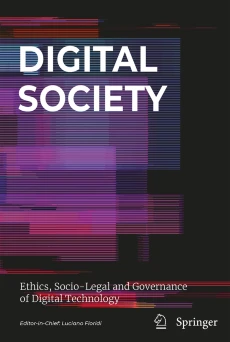In reaction to data capitalism and colonialism, data and data-related technologies and practices have been increasingly thought of in relation to the common rather than an individual. To name a few examples, processing of personal data is said to have effects beyond an individual from whom the data emanates and can have collective and societal impact (e.g. (Smuha, 2019; Viljoen, 2021)). Hence data governance should not be based on individual control over data alone but needs to acknowledge and facilitate common interest. At the same time, normative claims are made that data should benefit all rather than few (the Big Tech) and hence data should be governed and used in common rather than in the de facto privatized data silos. Think of data sharing pools, common data spaces (EU data strategy), data cooperatives, data collaboratives, data trade unions, or data trusts (Micheli et al., 2020). In this context, scholarly literature has been developing on the issue of data commons. But does the current discourse around “data commons”, collective data governance and data sharing adequately reflect what is “common” in relation to data?
This topical collection approaches this and other questions via four different angles. First, there is the regulatory or legal angle that from which the position of data commos vis-à-vis the GDPR is being evaluated. Second, there’s are approaches that investigate the specific moral-political ties that bind data commons together. Think for instance about the concept of ‘gifts’, which is crucial to understanding what practices of data donation entail for the constitution of a common. Thirdly, this topic collection identifies research focusing on the character of the groups and communities that are or do the data communing. What are the boundaries of such groups, their interests, and how and in what way should these interests be taking into consideration? The fourth and final angle with which we approach data commons ‘zooms out’ even more, and analyses and evaluates the relationships between data commons, different data ecosystems, and the practices of valuation that inhere in them.






